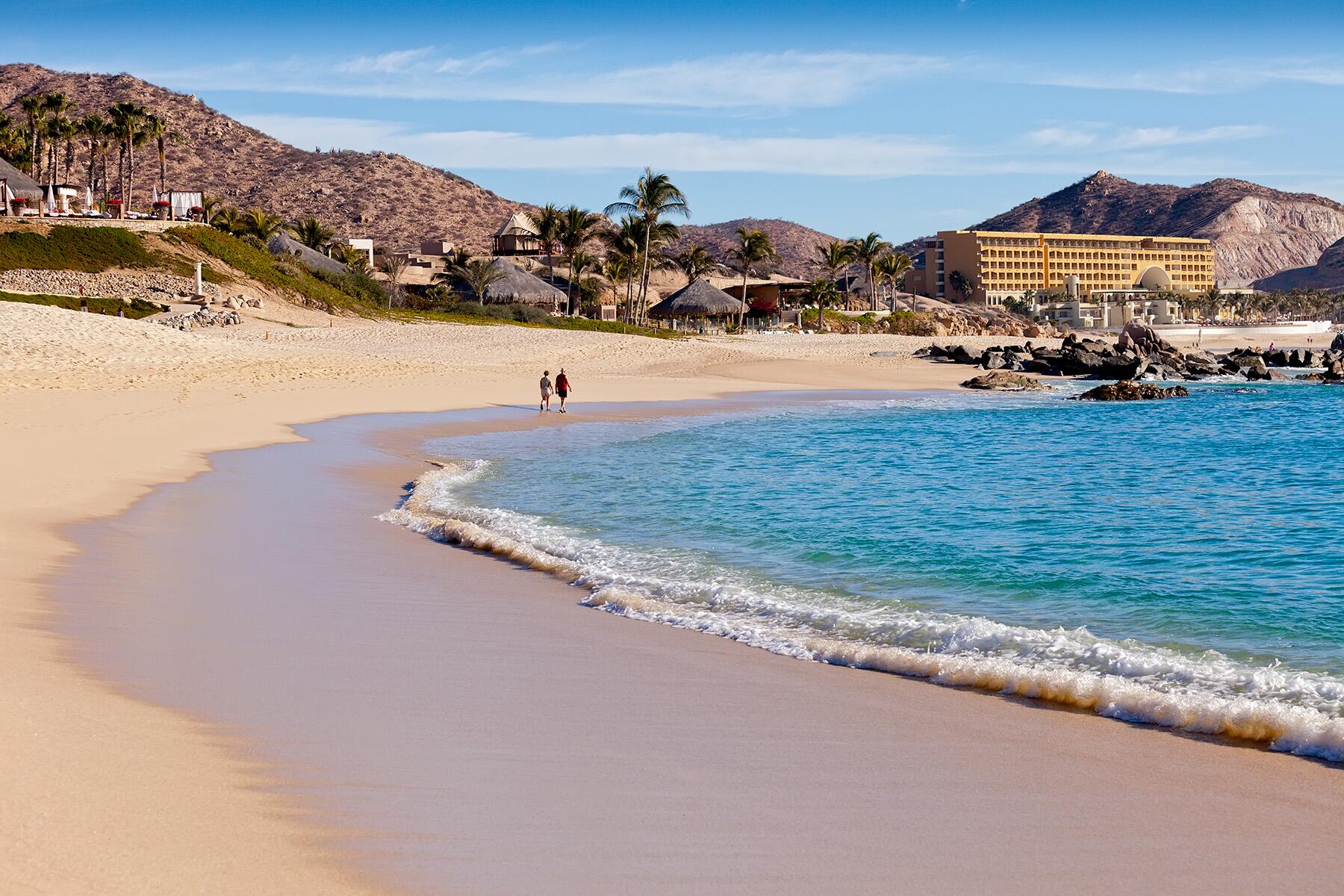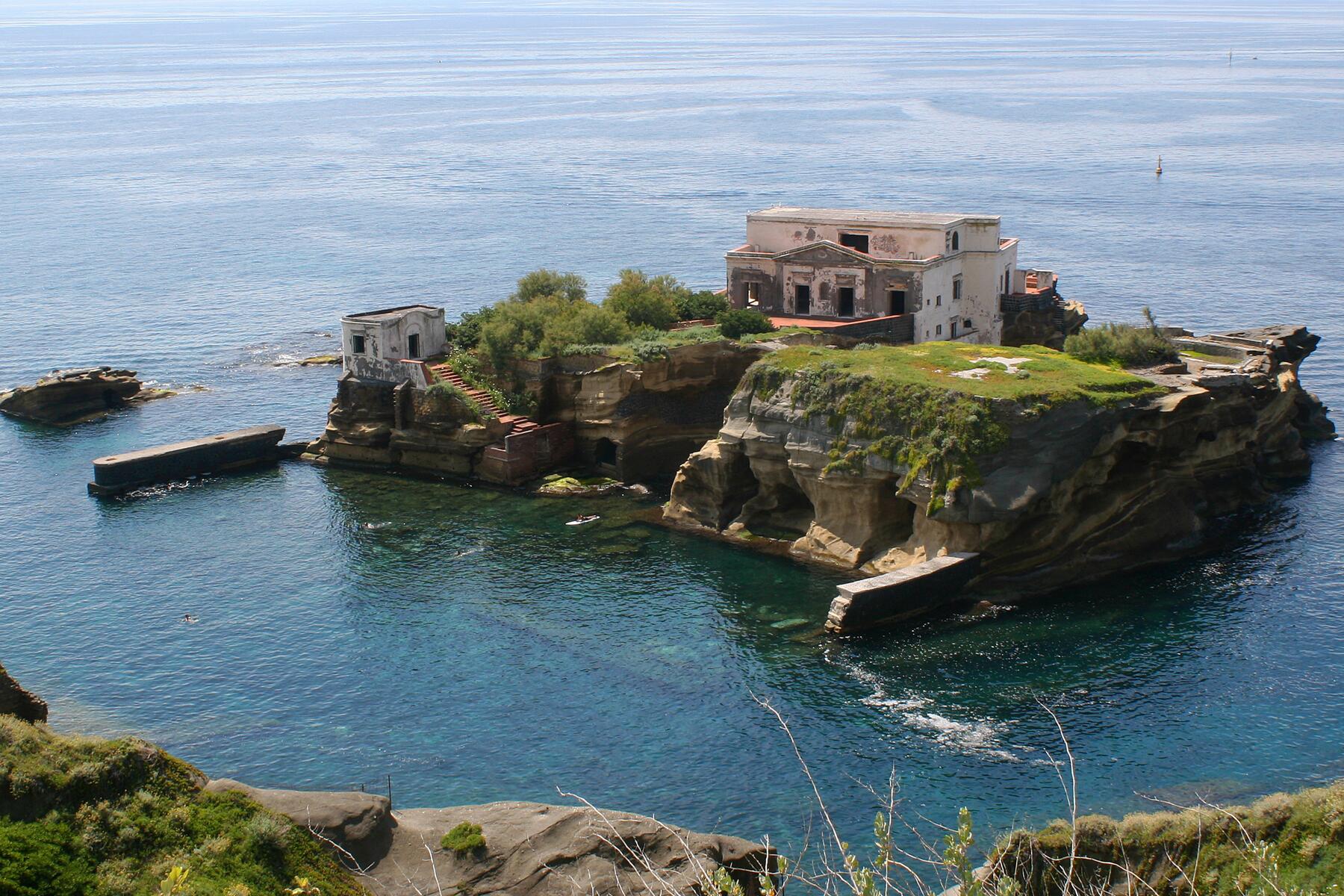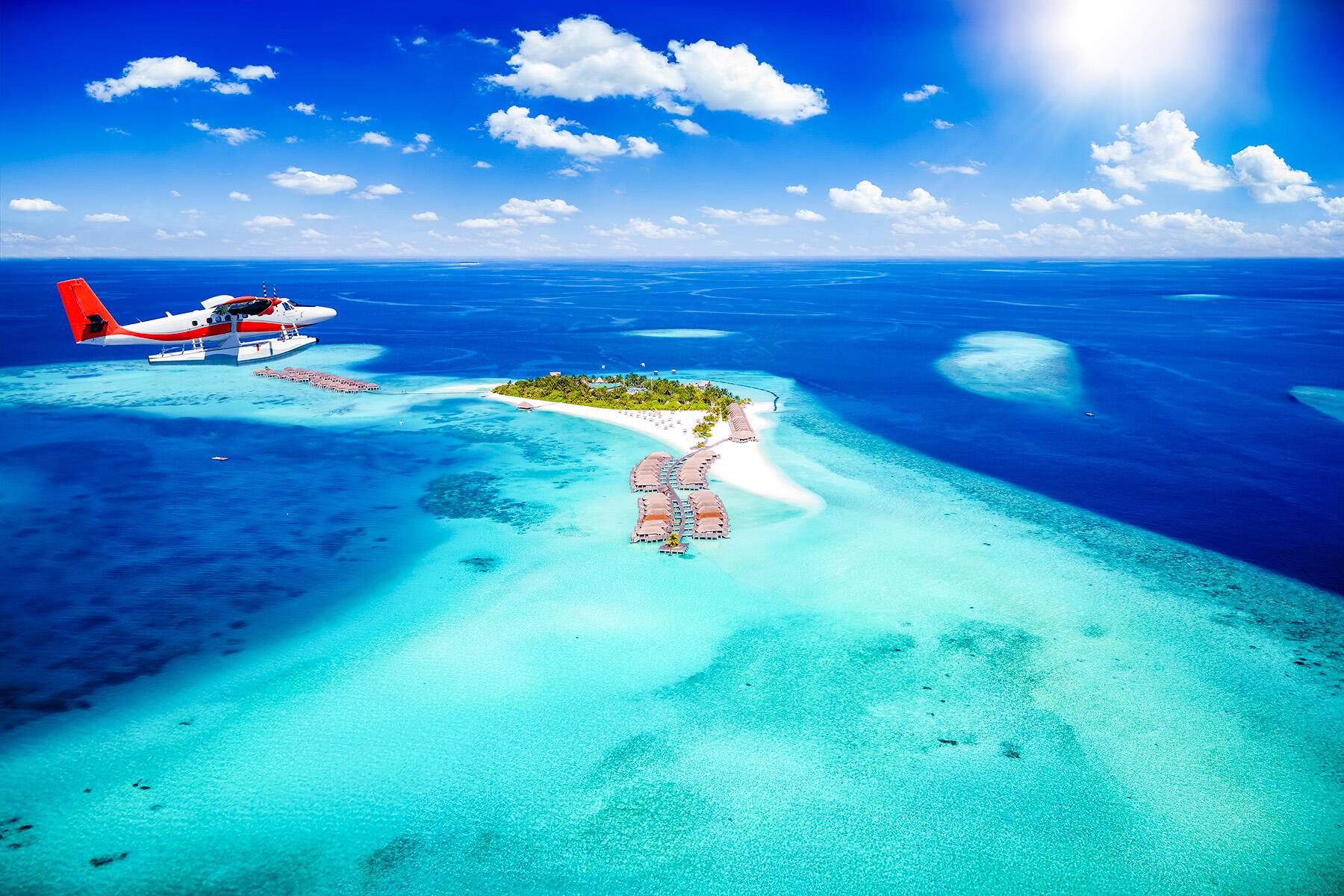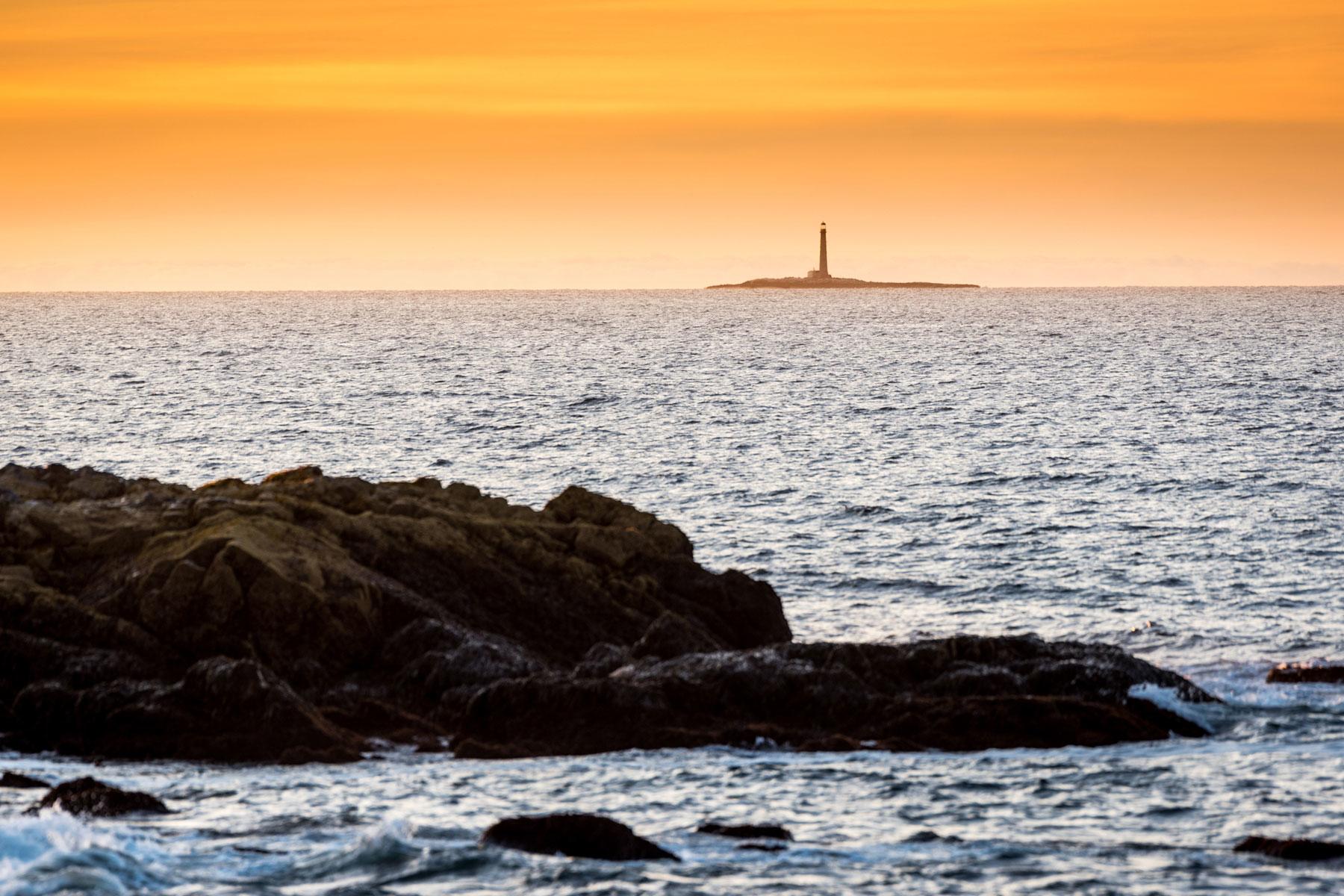The 300 x 700-foot Boon Island is composed completely of rocks and has plenty of spooky history including cannibalism, hauntings, and a mad widow.
What could be so scary about an island just barely off-shore? There’s no space for grass, trees, or any other plant life trying to break through the craggy terrain of Boon Island, just six short miles off the southeast coast of Maine. The sight of mainland’s shore—easily visible from the island—is perhaps the most frightening feature of the watery pile of granite that snares sailors like flies in a spider’s web. Marooned just a stone’s throw distance from civilization could drive anyone to madness or gruesome means of survival. Boon Island has seen all that and more.





